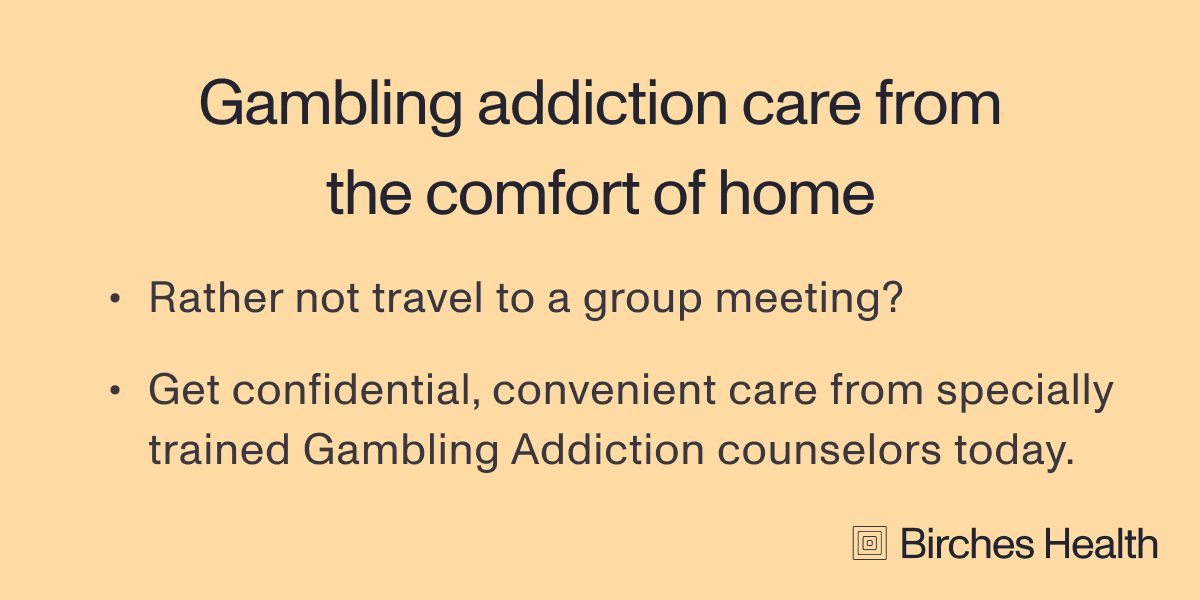Takeaways from U.S. Senate Hearing on Sports Betting
Published:
Dec 19, 2024
,
06:43 p.m.
ET

On Tuesday, December 17, 2024, the U.S. Senate Committee on the Judiciary convened a pivotal hearing titled America's High-Stakes Bet on Legalized Sports Gambling. Senator Dick Durbin chaired the session, which focused on the impact of sports betting on public health, consumer protection and the broader sports industry. Testimony – provided by witnesses representing various sectors of the debate – offered insights into the challenges and opportunities posed by the rapidly growing industry.
The hearing marks a notable step in the federal government’s examination of sports betting, though questions remain about whether federal intervention is feasible or likely. Below, we dive into who was present at the hearing, the key takeaways and the potential next steps.
Who was in the Senate sports betting hearing?
Five witnesses shared their perspectives during the hearing:
Charlie Baker – President of the NCAA (National Collegiate Athletic Association)
Harry Levant – Certified gambling counselor and public health advocate
David Rebuck – Former director of the New Jersey Division of Gaming Enforcement
Keith Whyte – Executive Director of the National Council on Problem Gambling (NCPG)
Johnson Bademosi – former NFL player and representative of the National Football League Players Association (NFLPA)
It is worth noting that the hearing lacked the presence of representatives from the sports betting industry, neither gambling operators nor the American Gaming Association (AGA).

Key takeaways from Senate hearing
1. Federal Regulation: Is it needed?
The hearing revealed a deep divide over the role of federal oversight in sports betting. While advocates of federal regulation argued for uniform standards across states, many witnesses, such as David Rebuck, emphasized the success of state-led regulation.
Rebuck argued, “Before legalization, millions of people wagered billions of dollars annually through illegal operations, committed fraud, evaded taxes and many instances were tied to organized crime,” Rebuck said. “These illegal operators offer no protections.”
Essentially, he believes states are better positioned to address their unique issues, and federal oversight risks creating inefficiencies and confusion in an already well-regulated system.
The SAFE Bet Act, previously proposed by Senator Richard Blumenthal, was met with mixed reactions. While some witnesses supported its goals of affordability and fairness, others, like Rebuck, opposed it, asserting that states should retain full autonomy over the industry.
2. Banning ‘Negative Bets’
Johnson Bademosi hopped on the NCAA’s push to ban college prop bets, specifically proposing to ban wagers on “negative outcomes,” such as betting on a player to underperform. His argument centered on reducing harassment and mental health stress for athletes.
However, betting on “overs” – a player exceeding expectations – is far more popular among sports bettors in the U.S., and therefore it’s far more common for a bettor to harass a player for not hitting the over on a given prop. Moreover, such a ban could disrupt the natural market balance of sports betting markets, which often rely on two-way wagering opportunities.
3. Gambling Addiction Support: Relatively Underfunded
Keith Whyte of the NCPG highlighted the fact there still is not enough funding for problem gambling resources compared to other public health issues.
Whyte and the NCPG voiced support for the GRIT Act, which would allocate half of the federal excise tax on sports betting (0.25% of handle) to gambling addiction research and treatment. This measure has support but it faces opposition from the gambling industry, which would prefer the tax be eliminated altogether.
We here at Birches Health are also advocates for increased funding and awareness of gambling addiction treatment. If you or someone you know is struggling with a gambling problem, Birches offers specialized care to help navigate the path to recovery.
4. Advertising and Technology Under Fire
The explosion of sports betting advertising and technological advancements has raised alarms among policymakers and public health advocates. Harry Levant, a recovering gambling addict, described the situation as the “early years of a fast-building public health crisis.” He called on Congress to act swiftly to regulate the volume and content of gambling advertisements.
So… next steps?
As Chair Durbin concluded the hearing, he noted that this was only the beginning of Congress’s exploration into sports betting. While federal regulation seems unlikely in the near future, measures like the SAFE Bet Act, GRIT Act or limits on advertising could soon gain traction.
The debate over sports betting remains largely a state-by-state issue. States have shown competence crafting tailored solutions that balance economic benefits with consumer protection. Still, we are only 6.5 years into this PASPA-repealed world, and Sen. Thom Tillis (R-NC), has voiced his support for the creation of a federal task force. As the betting industry continues to grow and evolve, the need for federal “guardrails” may resurface.



